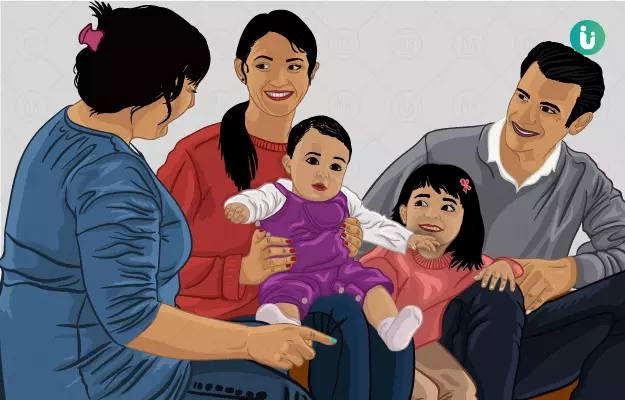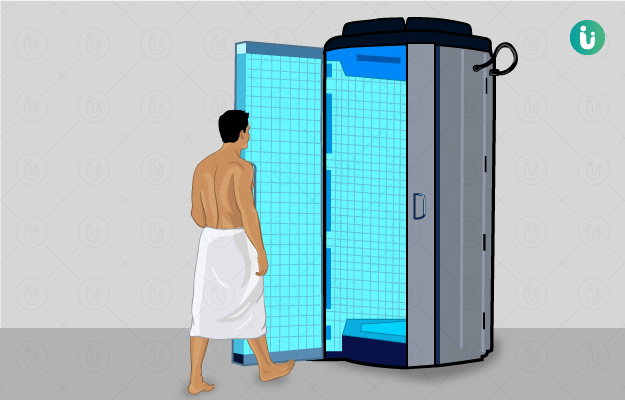Life can't always perfect, but you can work on it and make it better. Similarly, your family can sometimes be less than ideal, but it provides you with support and strength. A family may have troubles and conflicts for any number of reasons. For instance, if a family member is dealing with an addiction, physical or mental health issue, the whole family tends to be in distress.
Moreover, in recent times, communication within the family has diminished, as many of us spend most of our time on smartphones. This lack of communication results in the build-up of more tension within the family and increases stress among the family members.
There are times when we wish to mend things, but don’t know where to start. At that point, family therapy can help us fix the disputes between family members.
Family therapy is a form of therapy that helps in reducing distress and conflict in the family by means of interaction. Family therapy enables family members—as well as married or unmarried couples—to explore and express their deeper feelings and emotions, to recognise each other’s struggles and beliefs, to understand each other’s needs and wishes, to build on strengths and to use that strength to bring positive change in their relationship and lives. It can be used to help a family through a difficult period, a major transition, or mental or behavioural health problems in family members.
There are various types of family therapy that can help you get the strength and support to make amends, and try to get things back to normal. Unlike other therapies, family therapy tries to amend problems by helping the people involved realise their strengths. For this reason, it is also known as a strengths-based treatment.
Read on to know more about family therapy.





























